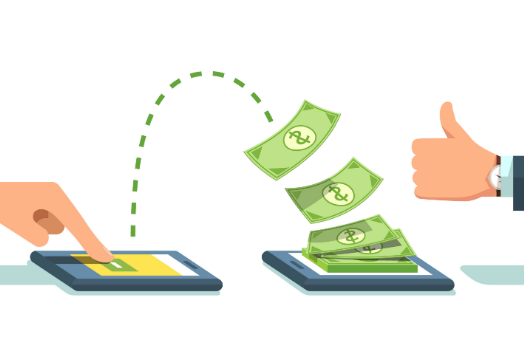 In 2018, The World Bank claimed that the global remittance market (money typically sent back by workers overseas to their home countries) reached $689 billion, up from $633 billion in 2017.
In 2018, The World Bank claimed that the global remittance market (money typically sent back by workers overseas to their home countries) reached $689 billion, up from $633 billion in 2017. The top three countries to receive money from overseas were India ($79 billion), followed by China ($67 billion) and then Mexico ($36 billion). While some banks are charging 11%, the average cost to send money home, according to the World Bank, was 7% i.e. over $48 BILLION is being paid, by often those on low incomes, such as security guards, cleaners and domestic staff. These very same transfers could be carried out for a fraction of this price if the banks were bypassed, along with the other intermediaries, and transfers were carried out using Digital Assets.
Therefore, it ought to be no surprise that Facebook is looking to take a share of the global cash transfer market with the launch of its own Digital currency, as reviewed in last week’s Digital Bytes. This may explain why Facebook is no longer banning adverts for Cryptocurrencies, which it enacted in January 2018. Interestingly, Facebook is looking to raise $1 Billion for its new stable coin project and has been courting Mastercard and Visa to invest.
Meanwhile, PayPal has been cautious about Bitcoin, has announced that it is working with Blockchain technology to be able to handle other Digital Assets. PayPal needs to replace the revenue that it generates from e-Bay (which used to own PayPal until 2014), who after 15 years, stated it will be using an alternative payments service-provider, called Adyen. Adyen is a publicly-listed Dutch company which has already revealed a tie-up with BitPay, and will enable Adyen’s clients access to Digital Assets. Therefore, indirectly, e-Bay clients will have access to Digital Assets too.
PayPal currently has over 270 million users, who potentially will have access to be able to deal in Digital Assets. Who knows, maybe PayPal will develop a closer relationship with Facebook? After all, PayPal is already Instagram’s payments provider and Facebook is looking to launch Facecoin on its other platform, WhatsApp, later this year in India.
Not to be left behind in this digital transformation of payments, Mastercard continues to file patents, as it looks to integrate traditional fiat currencies with Digital currencies. It has been working on Blockchain-powered solutions to improve security, in an effort to minimise fraudulent activities. It is also trying to overcome the challenges of integrating different Blockchains so data about different Cryptocurrencies can be held in one place.
As we can see, the traditional landscape of money transfers is being disrupted by Digital Assets. With companies such as BitPay and Facebook entering the market, traditional firms like PayPal, Mastercard and Visa are having to adapt, as their “fat margins” are being challenged by these lower-cost providers.


